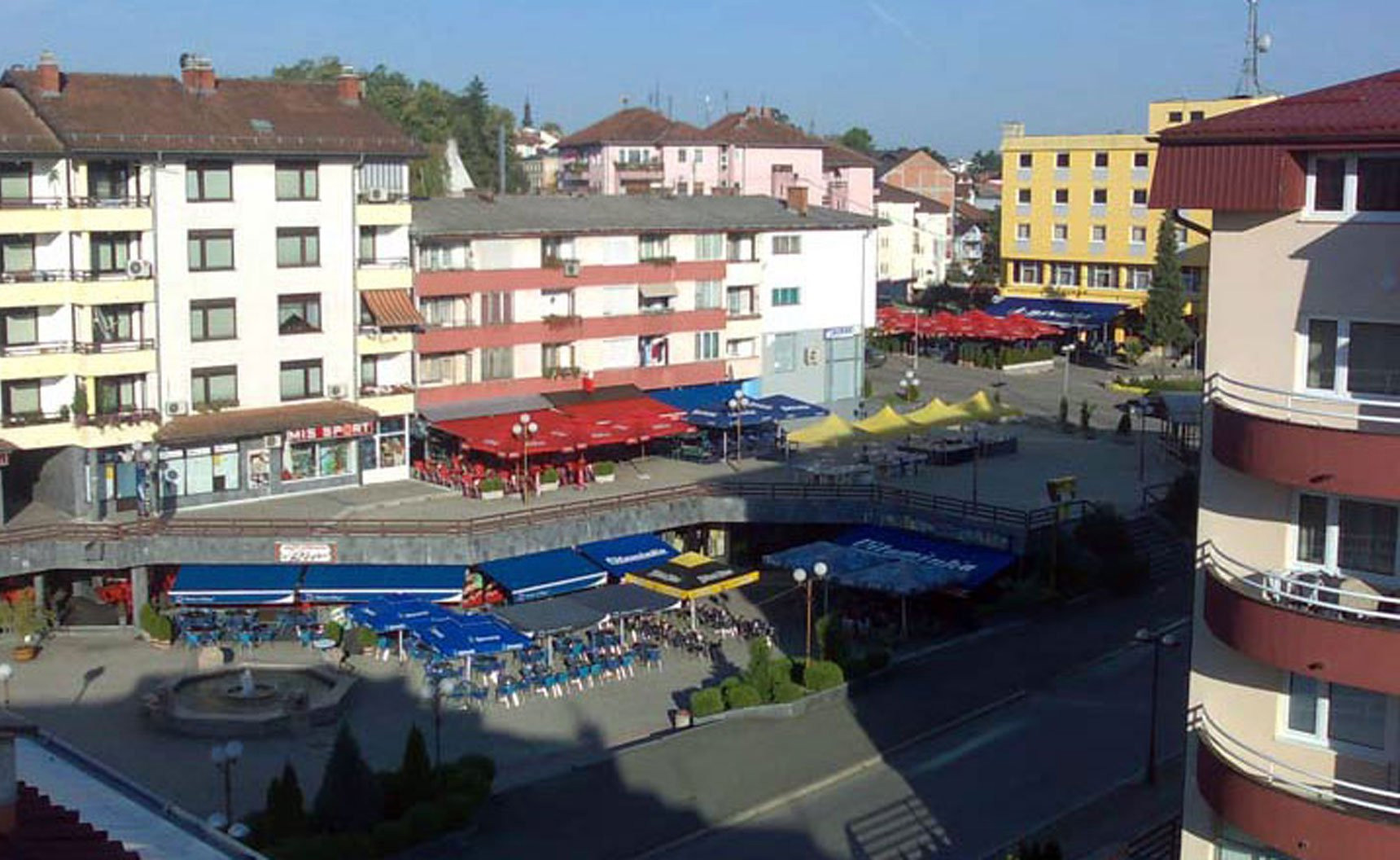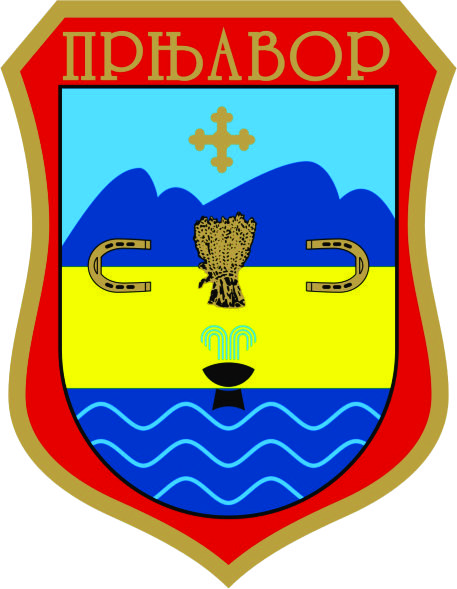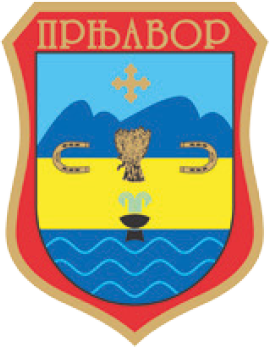Prnjavor – Little Europe
The City of Prnjavor is an area pleasant for working and living. It is recognisable by multi-ethnicity and multiculturalism, and justifies its nickname “Little Europe” due to a number of national minorities living in the territory of the city (Ukrainians, Poles, Czechs, Italians and others) who have established cultural and business cooperation with their homelands.


History of Little Europe
At the end of the 19th century, the area of the City of Prnjavor was sparsely populated by people from Eastern and Central Europe. Through mass migrations, and thanks to the policy of Austria-Hungary, the City of Prnjavor takes on the physiognomy of a multi-ethnic area. According to some data, at the end of the 20th century, around 20 different ethnic groups lived in the area of the City of Prnjavor, and it was rightly called "Little Europe" or "Europe in Miniature". The Italians were the first to immigrate in 1881 and settled in the Village of Štivor. In the fall of 1894, the Czechs arrived in settlement Maćino Brdo and, according to some testimonies, they brought potatoes and certain varieties of fruit to Bosnia and Herzegovina, for the first time. In 1892, the area of the former Prnjavor county was inhabited by Poles. After the end of the Second World War, the Government of Poland invited Poles who had migrated from the country to return. Leaving Prnjavor, they said: "We are people with two hearts, one is in Poland and the other is in singing Bosnia." The first German families settled in the area of the City of Prnjavor in 1888, and ten years later Ukrainians began to settle in these areas. The settlement of Hungarians lasted from 1900 to 1910. There are no exact data on the time of Roma immigration, but there is information that Roma moved to the Balkans more than 700 years ago, as evidenced by the old tombstones. In smaller numbers, the area Prnjavor is inhabited by Slovaks, Slovenes, Russians, Ruthenians and members of other nations. The peoples came in horse-drawn carriages, bringing with them different ethnology and ethnography and leaving the imprint of their customs, language and culture. The common life in these areas, often marked by stormy events, nevertheless preserved the atmosphere of respect and tolerance, which has been a characteristic of Prnjavor for decades. That's why we proudly carry the nickname "Little Europe" even today.
National minorities today
According to the census from 2013 year, 1452 members of national minorities live in Prnjavor, which is 10% of the total number of national minorities in the Republic of Srpska. National minorities in Prnjavor enjoy the support of the City of Prnjavor in the form of financing events and projects that they organize through their associations.
The Festival of National Minorities of the City of Prnjavor "Little Europe" is a manifestation of an international character in which cultural and artistic societies from the entire Republika Srpska and Bosnia and Herzegovina, the countries of the region, the home countries of members of national minorities (Czech Republic, Poland, Italy, Ukraine), and member countries participate. of the European Union. The festival is visited by at least 2,000 visitors from the country and abroad, and the guests of the festival are also high-ranking officials (representatives of the executive power) from the Republic of Srpska and Bosnia and Herzegovina and the countries of the region, ambassadors of the home countries of members of national minorities living in the area of the City of Prnjavor, as well as representatives and members associations of national minorities from the country and abroad, as well as representatives of the Council of Europe.
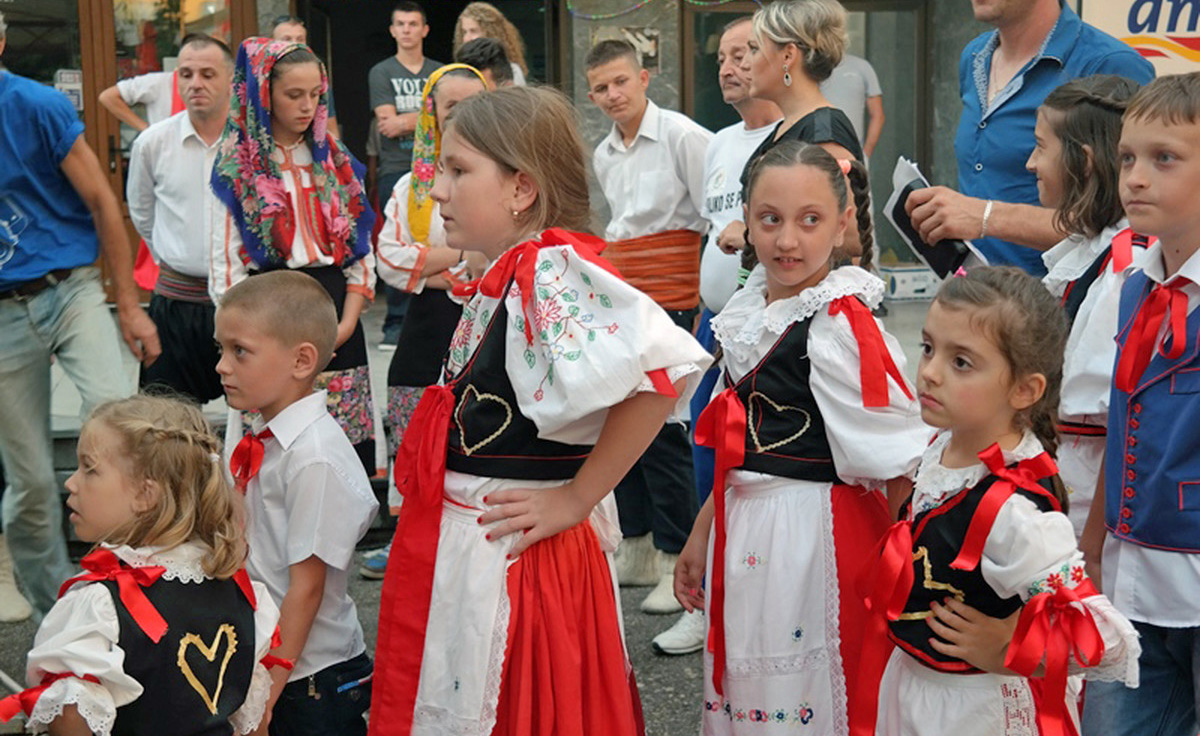
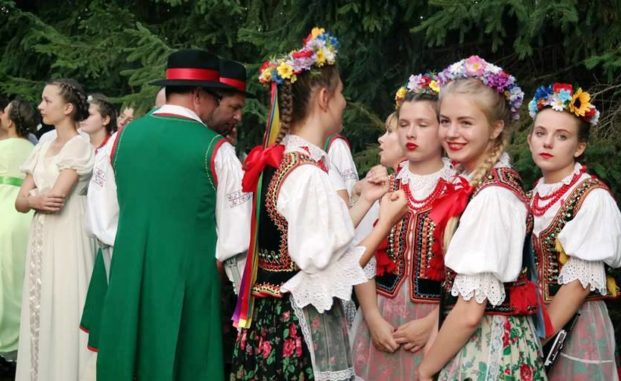
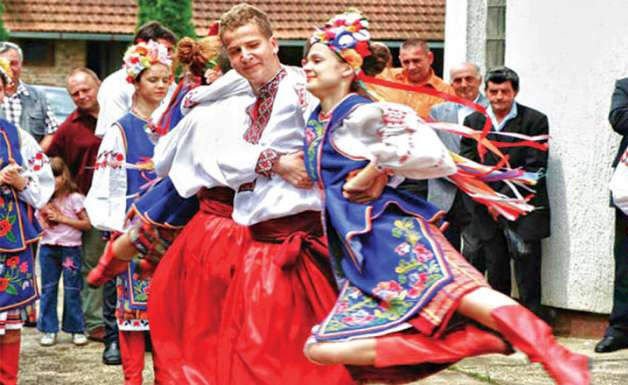
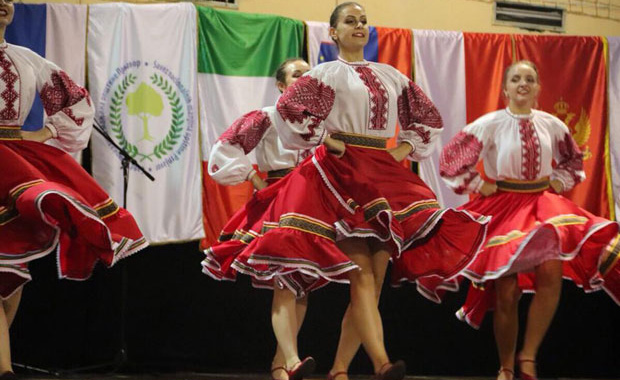
The main goal of the Festival of National Minorities of the City of Prnjavor "Little Europe" is the promotion and preservation of the traditions, culture, language and customs of the national minorities from the area of the City of Prnjavor, as well as the promotion of the beauty of unity and diversity characteristic of the City of Prnjavor, as well as establishing new and strengthening existing ties with to the home countries of members of national minorities from the city territory.
An important aspect of the festival is the promotion of the City of Prnjavor, but also the region, especially the municipalities of the Banja Luka region, in terms of tourism, culture and business, considering the fact that the guests of the festival are organized groups of tourists from the Czech Republic, Poland, Ukraine and Italy, as well as the countries of the region. At the festival, in addition to dances and games characteristic of members of national minorities and their home countries, old crafts and gastronomic specialties of the traditional cuisines of the mentioned countries are presented. As part of the festival, visits to well-known tourist destinations in the area of the City of Prnjavor and neighboring municipalities are organized, which is why this event has a positive impact on the promotion and development of tourism in the entire region.
The City of Prnjavor organizes the said event in cooperation with the Association of National Minorities of the City of Prnjavor and individual associations of national minorities from the city area (association of Poles, Czechs, Ukrainians, Italians, Roma and Montenegrins).
The festival takes place in the summer period.
Prnjavor – city of parks and avenues
With many parks, landscaped green areas and tree-lined streets, the City of Prnjavor is rightfully considered one of the greenest areas in the Republic of Srpska.
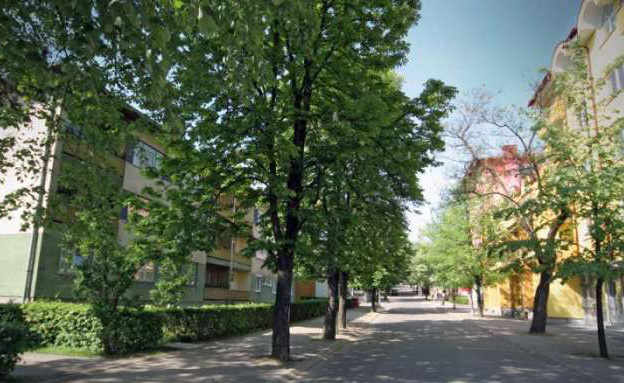
Avenue in the Svetog Save Street in Prnjavor
Culture
The main holders of cultural events in the territory of the City of Prnjavor are the Public Institution “Centre for Culture Prnjavor” and Public Institution “National Library Prnjavor”. The diversity of cultural mosaic is greatly affected by the number of different nations whereof each has its rich and specific cultural heritage, publicly affirming and thus influencing cultural events of our city. Their activities are implemented through cultural associations. The most significant cultural events taking place throughout the year are celebration of international and orthodox New Year, Saint Sava Ball, Masquerade in Štivor and Maćino brdo, Ukrainian Ball, Poetic marathon, Festival of national minorities, City review of folklore, events on the occasion of Easter, events on the occasion of the City Day, as well as many other events organised in line with Programme of marking important dates of the City of Prnjavor.
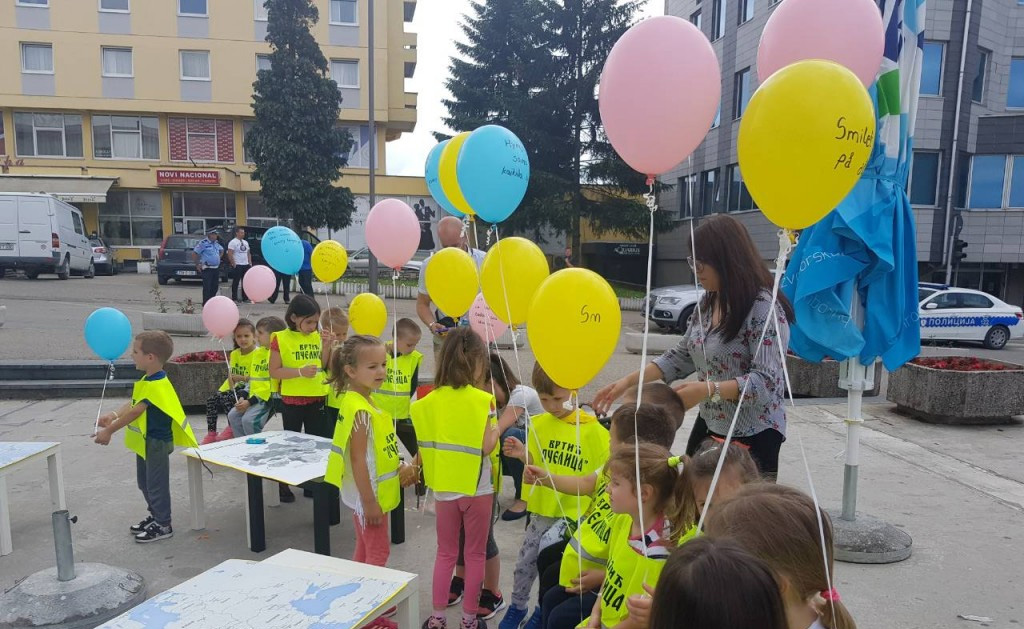
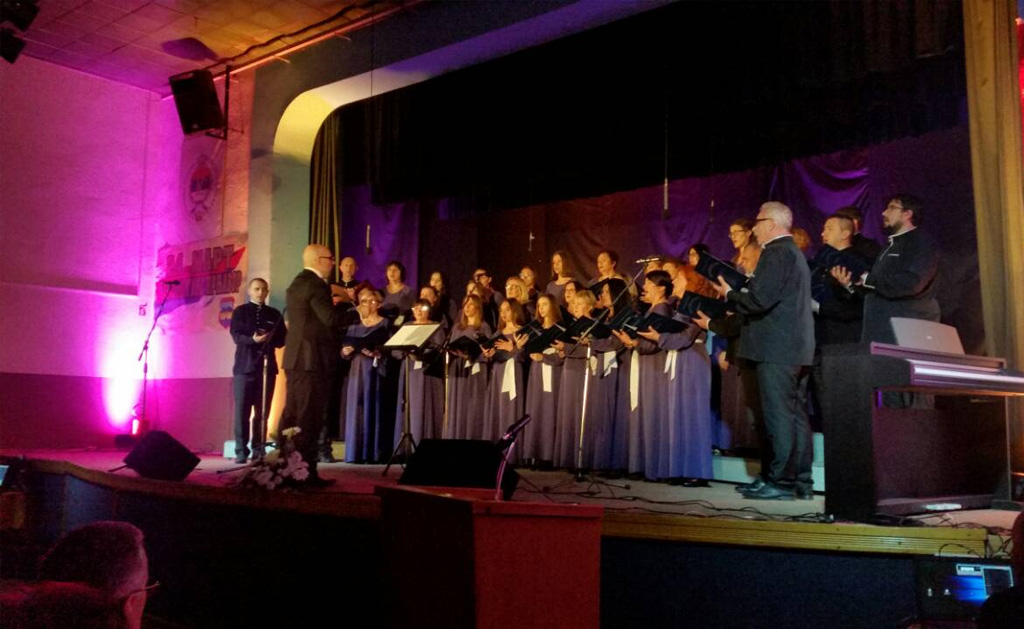
GUINNESS RECORD BROKEN
On 19 August 2014, the City of Prnjavor was registered in the Guinness World Records for preparing the largest fish stew. In the pot 1.45 m high, 2.4 m in diameter and 4,000 litres volume, 3,804 kg of fish stew was made. This was more than enough to break the record in this category held by the US federal state of Massachusetts. For the preparation of the fish stew, approximately 600 kg of vegetables and 1,300 kg of fish was used. Preparations lasted for one year and 300 volunteers took part in the organisation.
Education
Pre-school education is provided within kindergarten “Naša radost” and several private centres for education of pre-school children. In the territory of the City of Prnjavor, there are eight primary schools, including regional schools. Secondary education is provided in two secondary schools: Public Institution Secondary Schools Centre “Ivo Andrić” Prnjavor and Public Institution Gimnazija Prnjavor. In Prnjavor there is also Public Institution Music School “Konstantin Babić” Prnjavor, where classes are organised individually on six instruments (accordion, piano, guitar, violin, flute, clarinet) and in groups (solfeggio, theory of music, music instruments, choir), while in secondary music school classes are organised in two departments: music performer and music associate -theorist.
Sport
In the city territory there do not exist special sport institutions, but rather a number of sport clubs pursuing different sports: football, basketball, handball, volleyball, judo, karate, taekwondo, kick-box, chess, athletics, tennis, etc.The most important sport facilities are SRC “Borik”, several sport halls, 22 sport playgrounds in local municipalities and two swimming pools. The most important sport events are “Athlete of the year”, “St. Sava Chess Tournament”, “8th March Chess Tournament”, “International Street Race”, International Taekwondo Tournament “ Prnjavor open” , “St. George’s Easter Nation Cup”, Streetball Tournament – “VIVIA 3x3 STREET BALL Prnjavor”, Judo Camp “Little Europe”, several football tournaments, as well as many other sport events. Most of these events are of international character.

| PROGRAM OF SPORT EVENTS |
|---|
|
St. Sava Chess Tournament – Potočani Organised by: ŠK “POŠK” Potočani Time: January |
|
International Handball Tournament “MIKA 20—” Prnjavor Organised by: Handball Club “SLOGA” Prnjavor Time: March |
|
8th March Women Chess Tournament – Potočani Organised by: ŠK “POŠK” Potočani Time: March |
|
International Taekwondo Tournament “PRNJAVOR OPEN 20—” Prnjavor Organised by: Taekwondo Club Prnjavor Time: March (as part of Prnjavor Municipality Day) |
|
International Street Race – “PRNJAVOR 20--” Organised by: AK „Prnjavor“ (Athletic Club) Time: March |
|
Easter St. George’s Karate Nation Cup – Prnjavor Organised by: Karate Club “IPON” Prnjavor Time: April-May |
|
Vivia 3x3 Streetball Prnjavor International Streetball Tournament Organised by: KK “MLADOST ´76” Prnjavor Time: July |
|
International Judo Cup “MALA EVROPA 20—” Organised by: Judo Club “Soko-M” Prnjavor Time: August |
Tourism and recreation
The City of Prnjavor has large tourist potential. The area of the City of Prnjavor has a variety of natural complexes. The following are the most important tourist sites in the territory of the City of Prnjavor:
Spa and Recreational Centre “Banja Kulaši”
The Kulaši Spa with its thermal mineral water represents a true tourist value in the territory of the City of Prnjavor. It is 14 km away from the city centre. It has been known as a treatment centre since the times of the Austro-Hungarian Empire. The spa water is hyper-thermal with average temperature of 29 degrees Celsius and alkaline value expressed with 11.8 units. Such a degree of natural characteristics, with small mineralisation, is excreted fast taking out many harmful substances from the body. The main indications are problems with kidneys and urinary tract, digestion issues, high blood pressure, diabetes and cholesterol, bodily trauma consequences, and it has proven to treat skin diseases, particularly psoriasis. In the territory of Europe, there are only three water sources with such characteristics.
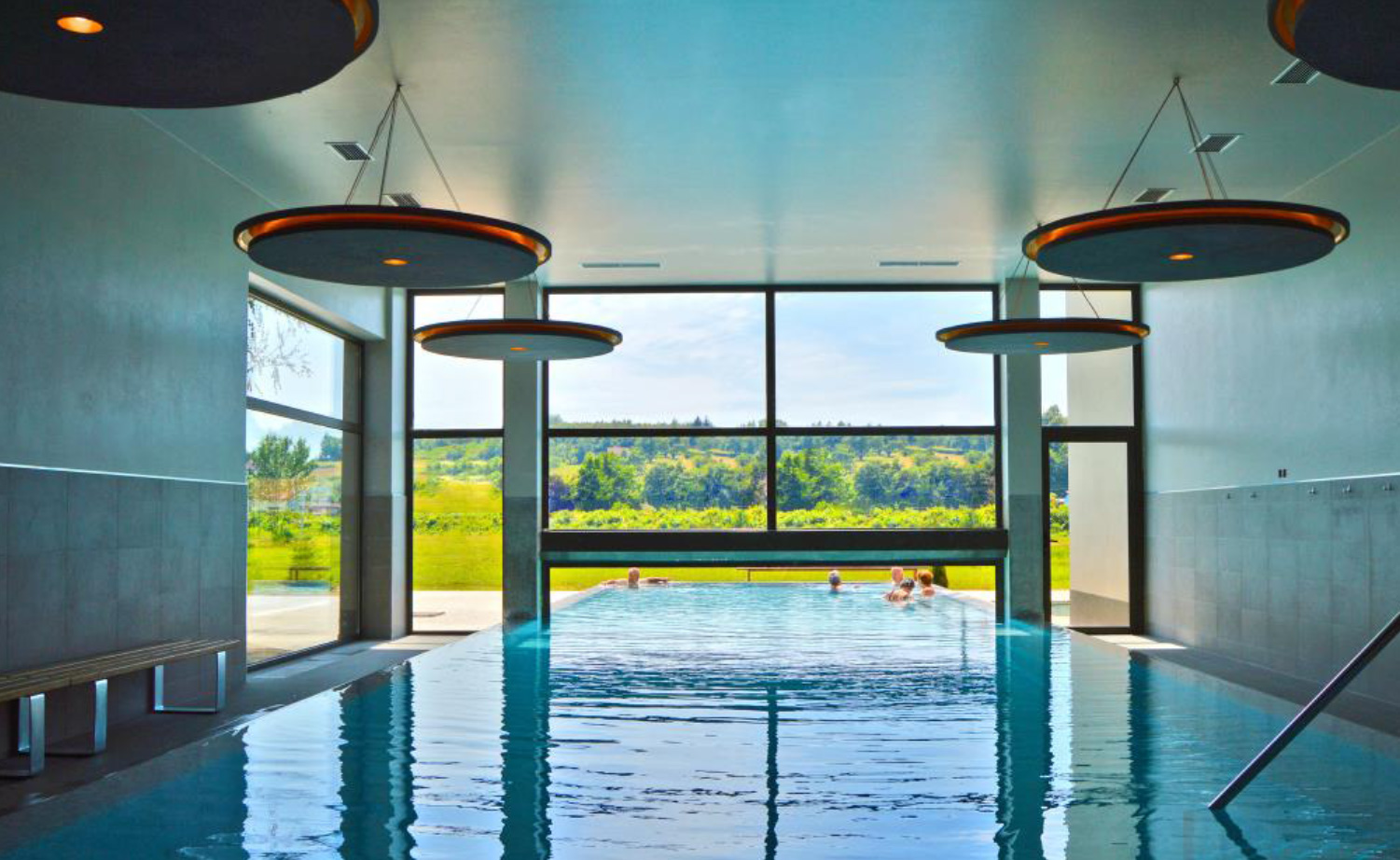
This natural treasure is connected with the city centre by a regional road, while near the very spa there is Doboj-Banja Luka railway route. In the spa and recreational centre, the guests have available 52 double rooms and two suits, as well as accompanying facilities (restaurant, trim room, sport grounds, swimming pools, baths: pearl, cork, Hubbard and four-cell galvanic).
Information on the services provided by BRC “Banja Kulaši” may be found on: www.banjakulasi.com
Horse Farm “Vučijak”
The oldest company in the city territory was established in April 1946. It was named after the height Vučijak located in the vicinity. Horse Farm Vučijak is a branch of Slovenian horse farm in Lipica and is part of the most famous horse farms from the times of the former Yugoslavia. Currently, there are approximately 100 Lipizzaner horses in the farm, with six stallion bloodlines and 15 female lines, which guarantees a huge genetic potential of the prestige horse breed.
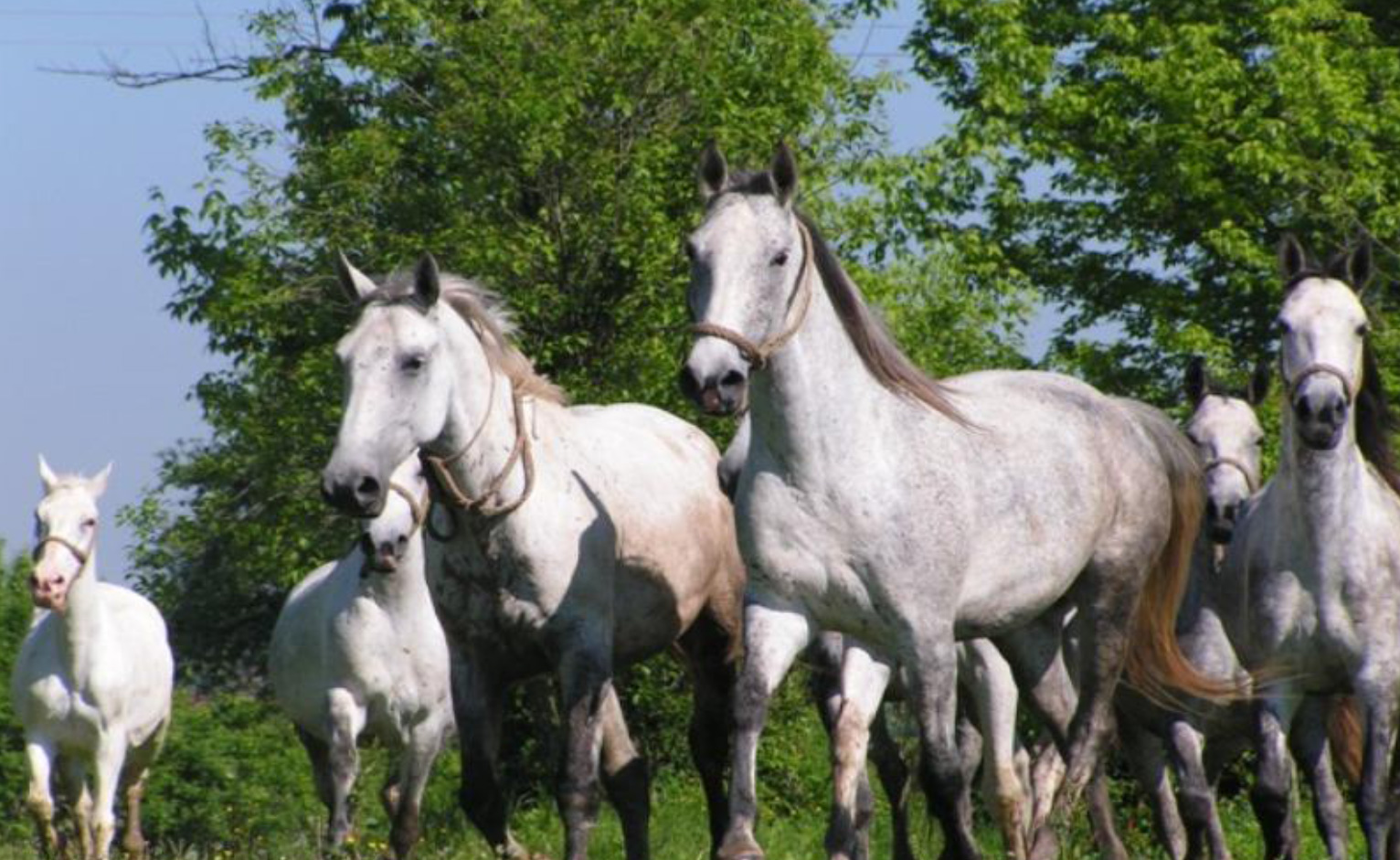
Housing
Prnjavor is, primarily, a city with well-kept family houses. However, in the past decade there have been built many residential buildings for collective housing, in line with modern construction, environmental and energy standards.
There are offered apartments of different size which can meet the needs of all potential investors.
